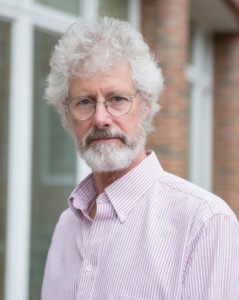
Basak Kus – Sven Steinmo – Josh Pacewicz – Josh McCabe – Monica Prasad – Richard Lachmann
The question of policy change is at the heart of the contest for the Democratic nomination between Hillary Clinton and Bernie Sanders. What is feasible, what is not? Is major change a possibility? Does the officer matter where the office is subject to such great deal of constraint? We are inviting scholars who study policy change and American politics to weigh in.
Continue reading “Is Radical Change Possible? #Elections2016 #HillaryClinton #BernieSanders”













